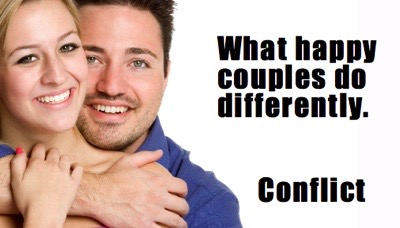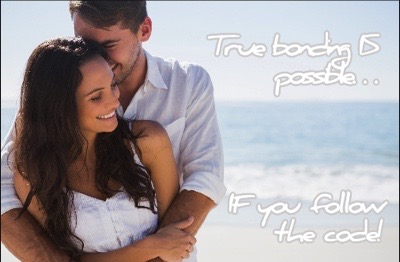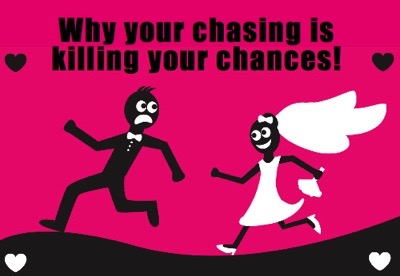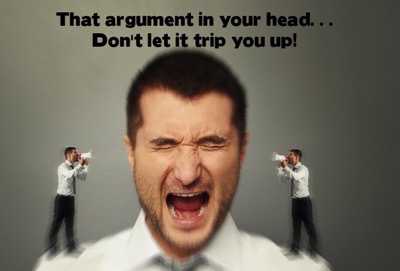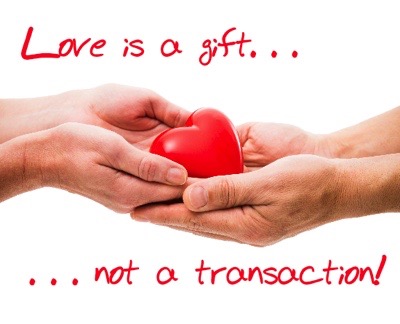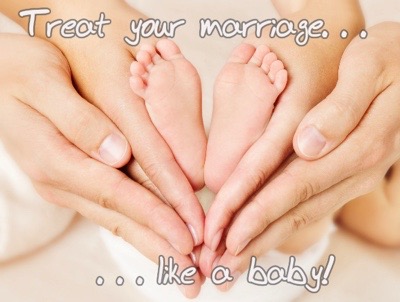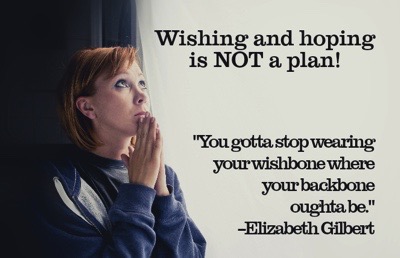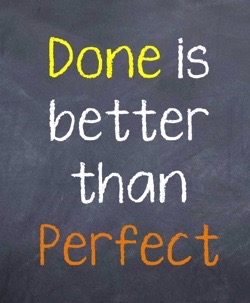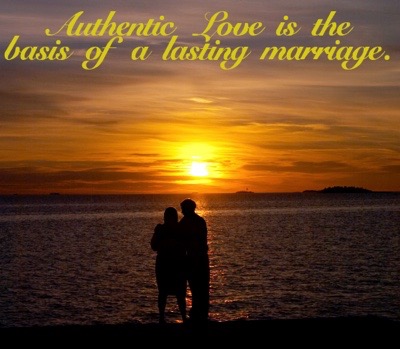11 Things Happy Couples Do Differently: Connection (part 2)
https://savethemarriage.com/stmblog/wp-content/themes/corpus/images/empty/thumbnail.jpg 150 150 Lee H. Baucom, Ph.D. Lee H. Baucom, Ph.D. https://secure.gravatar.com/avatar/669b7e375d93f77521ddaba08adb8063?s=96&d=blank&r=pg Success leaves a trail. If you want more of something, take a look at those who have what you want.
Success leaves a trail. If you want more of something, take a look at those who have what you want.
In this podcast series, we are examining what happy couples do differently than other couples.
Last week, we looked at how happy couples deal with conflict differently.
This week, we examine five ways happy couples connect differently than other couples.
Connection is the lifeblood of a marriage. Without that sense of connection, the relationship atrophies and begins to die.
But there are a group of couples that have learned to stay connected, and build their connection. Learn their secrets in this week’s podcast episode.
RELATED RESOURCES:
11 Things Happy Couples Do Differently, Part 1
Connection Resources
Show Up!
Gratitude and Appreciation
5 Love Languages
Why Sex Is Important In A Marriage
The Truth About Attraction
The Save The Marriage System
up
Podcast: Play in new window | Download
Subscribe: RSS
